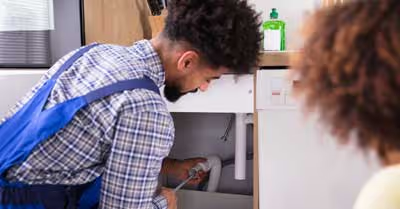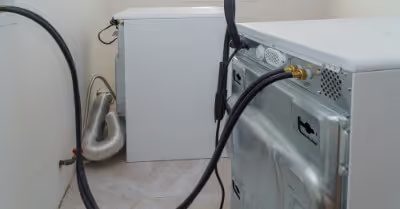Table of Contents
What does foreclosure mean?
Foreclosure is the act of taking someone’s property that they have mortgaged when they fail to make a payment. Mostly foreclosure refers to houses, as that is what is most likely to be mortgaged.
Technically, you can foreclose on other things that you have used as collateral like a car for example. Though this is far less frequent. Since you can’t make your payments to the bank, they will recoup their losses by taking ownership of your house. This is a perfectly legal process, as that’s what you signed up for with your mortgage, but stressful and frustrating nonetheless.
Does foreclosure happen a lot?
Foreclosures happen every day, thousands even, in every country in the world. Mortgages are a great invention to help people afford homes but do have some drawbacks such as the risk of losing your home. Foreclosures tend to follow along with how strongly the economy is doing. When people are generally doing well, they can afford to make payments and there are fewer foreclosures. However, when the economy is bad and people are being let go left, right, and center than foreclosures increase dramatically. Given the current climate, the number of foreclosures is likely to increase drastically.
When my house is foreclosed on how will that affect me?
When the bank forecloses on your home there are lots of things that are going to change for you, pretty quickly too. For example, depending on the bank you may only have a few days to weeks to pack up everything you own, find a new place to live and then move out. The banks will pay someone to change the locks on your home and threaten you with a lawsuit if you try to remain on the property. If your outstanding debt is more than the house is currently worth, thanks to a recession, then you may even be at risk of having your belongings repossessed to cover the difference. These short term effects while unpleasant, are manageable. The real problems occur later on. When you have your credit score ruined and you get a little black dot next to your name buying, or even renting, can become a nightmare. With a bad credit score, you may struggle to get any sort of contracts such as leasing a car, or even a mobile phone.
How long does foreclosure affect credit?
The following years after being foreclosed on are some of the hardest. Your credit score will tank to unthinkably low levels. That is largely why foreclosure and bankruptcy are so closely tied together. Your credit score will improve again over time, by proving you are a good lendee and paying any credit card debt off on time. But, it won’t be an overnight process. If you previously had a good credit score, 700 or so, you could lose well over 80% of that. Think how long it took you to build it up the first time, the second time around it will take even longer.
You can apply to have your credit score reevaluated, but your request won’t amount to much until at least 3-5 years have passed since your house was foreclosed on. Overall you'll likely see negative affects for over 7 years.
Does my credit matter that much?
Yes, your credit matters tremendously. Your credit greatly affects how much you can expect to pay on almost every major purchase for the rest of your life. A good credit score is the biggest difference between you paying 3% on your mortgage and %8. Throughout a 30-year mortgage, a good credit score might save you well over $100k. A bad credit score may disqualify you completely for getting a contract cell phone, leasing a car, getting a business loan, or even applying for a college loan. It can leave you feeling overwhelmed and options for a long, long, time.
What can I do if the bank is going to foreclose on my home?
When you begin missing payments, the bank will likely start sending you regular warnings that you owe a lot of money. Eventually, they will have no choice but to foreclose on the house. This leaves you with 2 real options. Grit your teeth and suffer through it, or sell the home to someone who will pay off your debt to the bank. Some companies will buy the house from you, pay the remaining bank loan off, and even allow you to keep living in your home. As a tenant, not as a homeowner. Down the line, once you are doing better financially, you can even buy your home back for an adjusted rate. It is the very definition of a win-win scenario for everyone involved. The only downside is you are no longer a homeowner, but, you would lose the house anyway. This way you still have a home and your credit score isn’t ruined.
Conclusion
Hopefully, this article has given you some much-needed insight into the process of foreclosure and how it will affect you and your credit in the long run. Foreclosure is not an abnormal event, it happens so often that it is almost sad. But, that doesn’t mean you are helpless. It is not always in the bank’s interest for you to contact someone willing to take on your debt and help you. But, it is always in your interest to do so. If you are unsure how such a company might help you, feel free to get in touch for a free consultation. You may find that they can solve all of your problems quickly and efficiently. Good luck with everything, don’t be afraid to ask for help. There are always those who are willing to provide it.
Recent Articles
















